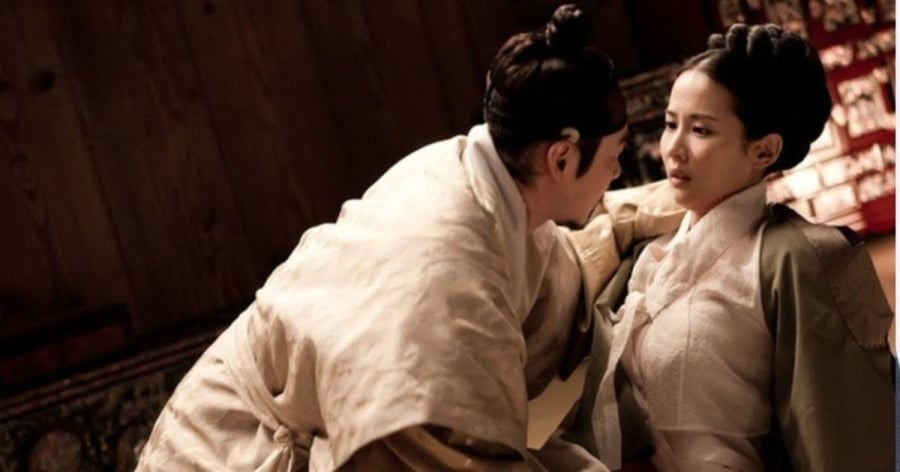In ancient times, victory in battles often went to the side with greater numbers. The quantity of soldiers in an army was deemed a crucial factor in combat capability.
However, managing a large force, which could number in the tens or even hundreds of thousands, was no easy feat during marches. Minor issues in daily life could escalate into serious troubles for the army.

Minor issues in daily life could escalate into serious troubles for the army.
The rank and file consisted mostly of young and middle-aged men, brimming with vitality but also susceptible to physiological desires. This influenced not only the army’s health but also their combat efficiency when tensions rose.
So, how did soldiers of yore cope with longing for their wives during prolonged campaigns? In reality, these issues have been addressed long ago, and four solutions emerged.
For supreme commanders and generals, hailing from the leadership class, special privileges were customary. Typically, generals would bring along family members to alleviate personal anxieties. While having their wives accompany them facilitated personal care and fulfilled intimate needs, it could also spawn complex problems.
4 ways ancient soldiers managed their physiological needs
What about the average soldier? How did they handle their personal matters?
Firstly, in ancient warfare, marching was not always necessary. During lulls in military tensions or when camps were established, soldiers were often granted leaves and allowed free movement. They could return home to visit families or seek entertainment in nearby towns.
Secondly, in ancient times, “recreational facilities” were commonly established for armies, where soldiers could unwind in a regulated manner. Women selected for these places were not only soldiers’ wives but also captives of war.

Secondly, “recreational facilities” were set up for armies, with regulated entertainment.
Thirdly, after conquering a city, armies often permitted their troops to plunder the enemy’s possessions, including people. However, this practice bred fear and was socially unacceptable. In such situations, soldiers might seize the opportunity to satisfy their physiological needs by capturing women from the conquered city.
Lastly, a more humane solution was to encourage soldiers to write letters. Married men would pen letters to their wives, expressing their emotions and concerns. Single men, meanwhile, would correspond with their families, conveying gratitude and determination to fight for their homeland. This method not only avoided harming others but also boosted army morale.






























